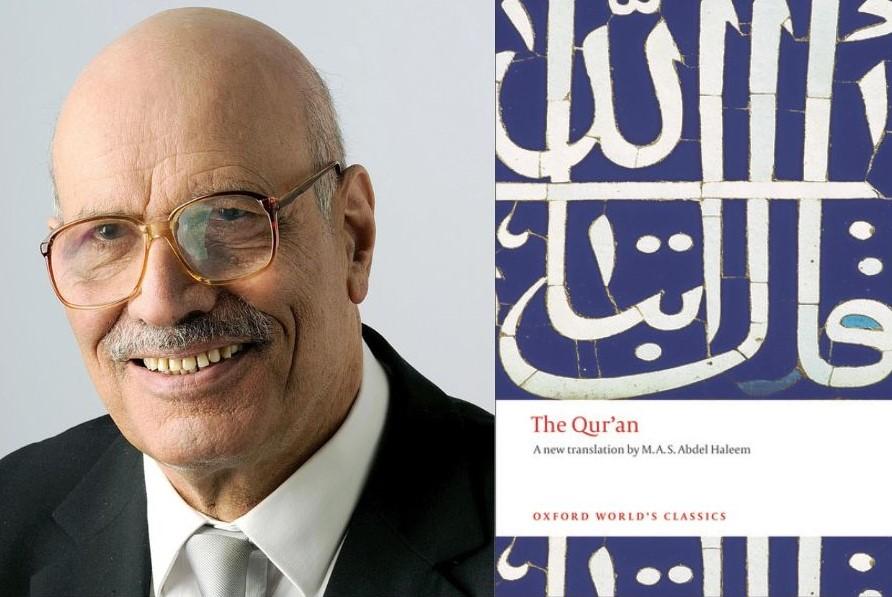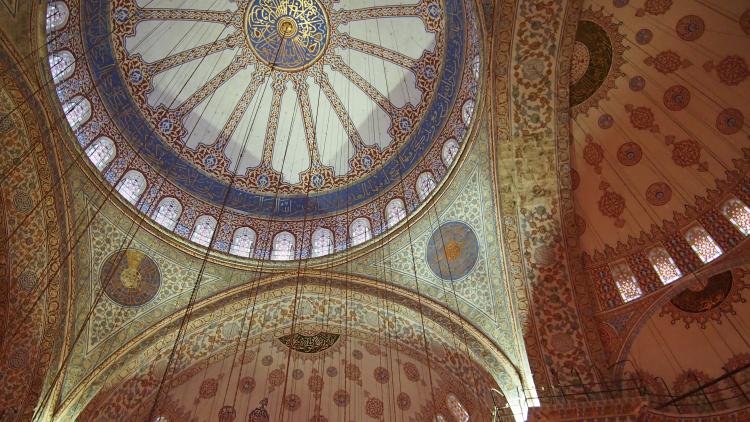Students made English translation of the Qur'an more accessible, linguistics scholar reveals



Muhammad Abdel Haleem, OBE, Professor of Islamic Studies, reflected on his consultation with SOAS students in the late 90s to make an English translation of The Qur’an more accessible.
In a recent interview with the publication hyphen, Professor Haleem spoke about his experiences in providing one of the most authoritative translations of the religious text, which showcased its depth and richness.
The project took seven years to complete, starting in 1997. Before starting, Professor Haleem consulted a group of SOAS students to understand what previous translations of the Qur’an they read. This question elicited comments which became an integral guide of Professor Haleem’s decision on the most appropriate level of language to use in the translation, which he then went on to complete and publish in 2004.
Speaking on the experience of integrating students’ insights into the proper level of language for the New Translation, addressed particularly to the younger generation of students, Professor Haleem said:
“My initial experience, was to recognise the seriousness of the task and so do my best to determine what was required of a new translation. My decision was that I should bear in mind, above everything, young graduates’ and postgraduates’ impressions of earlier translations.
I was fortunate enough to be teaching at SOAS and able to obtain students’ reactions, which was important to fixing the level of language I should use.
I was already aware of the presence of archaic language in some of them, mostly addressed to scholarly peers, but I was keen to get the views of current students. I was fortunate enough to be teaching at SOAS and able to obtain students’ reactions, which was important to fixing the level of language I should use.”
In addition to the reader-friendly style, Professor Haleem’s project and translation has since gone on to be fundamental in rectifying inaccuracies and inaccessible language in the Qur’an’s earlier English translations and form a better understanding with non-Muslims and non-Arabic speaking readers and audiences.
The SOAS School of Languages, Cultures and Linguistics offers unparalleled disciplinary expertise and access to language study for those interested in Asia, Africa and the Middle East. With a core focus in fields such as literature and film, linguistics and poetry, the school acts as a foundation of learning and understanding of societies and cultures from across the world.



